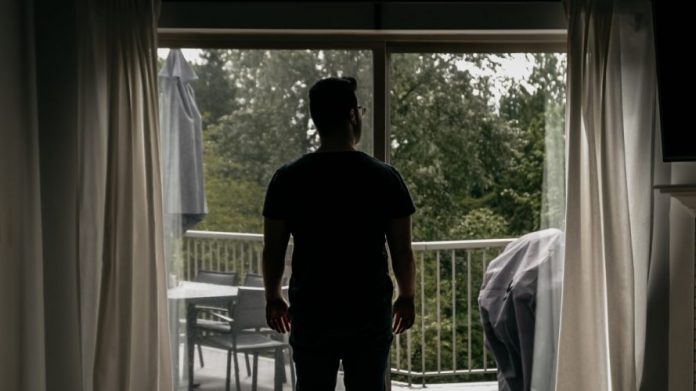The Williamsburg Health Foundation, in cooperation with the local governments of Williamsburg, James City County and York County, announced a total of $1 million in grant funding to prevent rental evictions in the Greater Williamsburg area due to the COVID-19 pandemic. The money was divided up among the three localities based on population size and number of low-income households, with the City of Williamsburg receiving $270,000.
The grant program is slated to run through the end of 2021 and will cover up to three months of rent. Applicants must have a current lease in their name and their total household income must be below 120 percent of area median income. The application process will include an interview to determine eligibility.
In a press release, the WHF emphasized the connection between health and housing. For many on the brink of eviction prior to the pandemic, COVID-19 exacerbated these fears. Many who struggled with housing instability turned to non-profit organizations such as the Williamsburg House of Mercy for rental assistance and the search for permanent housing during the pandemic.
President and CEO of Williamsburg Health Foundation Carol Sale noted that WHF dipped into its corpus to fund this program due to the dire circumstances during the pandemic.
“Our community will only be truly healthy when we have safe, affordable housing for all who live and work here.”
“Our community will only be truly healthy when we have safe, affordable housing for all who live and work here,” Sale said. “The Health Foundation is not in a position to provide long-term rent relief, but at this critical moment during this pandemic, we are certain that helping people to be able to remain in their homes is the best way to prevent a bad situation from becoming a desperate situation.”
The housing problem is not new to Tidewater Virginia. According to Princeton University’s Eviction Lab, Richmond, Hampton, Newport News, Norfolk and Chesapeake all ranked in the top 10 evicting cities in the country in 2016. Just before the pandemic began, Williamsburg convened a working group to craft long-term solutions for the city’s housing crisis and lack of affordable housing.
Though a federal moratorium on evictions is currently in place, many residents fear the “eviction cliff” once the moratorium is lifted. The protections for renters are becoming more precarious as time goes on — Virginia’s statewide eviction moratorium ended Dec. 31. Furthermore, the moratorium only applies if renters can prove their financial situation has worsened due to the pandemic.
President Joe Biden signed an executive order Jan. 21 asking the Centers for Disease Control and Prevention to extend its current moratorium to March 31. However, a moratorium on evictions cannot cancel debt, leading the Biden administration to seek $25 billion in rental assistance to help cover these existing expenses. After March 31, just a few months away, protections for renters remain murky and uncertain, both locally and federally.
Director of Human Services for the City of Williamsburg Wendy Evans emphasized how the program will connect participants to additional resources.
“This gives us an opportunity to help them work one-on-one with their landlords to catch up on their rent and it provides us an opportunity to link them with additional resources or services in our community, whether that’s employment support, a job academy, or other supports that will help them get to self-sufficiency. Stabilizing their housing is step one in that process.”
“On an individual level, as we’re working with households and families, we are going to try to prevent another cliff,” Evans said. “This gives us an opportunity to help them work one-on-one with their landlords to catch up on their rent and it provides us an opportunity to link them with additional resources or services in our community, whether that’s employment support, a job academy, or other supports that will help them get to self-sufficiency. Stabilizing their housing is step one in that process.”
The funds from the WHF grant will be paid directly to landlords as residents adjust to the post-moratorium situation and recover from financial hardship caused by COVID-19, according to Housing Manager of James City County Keith Denny. The application for the COVID-19 Eviction Prevention Program opens Feb. 1 for qualifying low- and middle-income households in need of emergency rental payments.




































